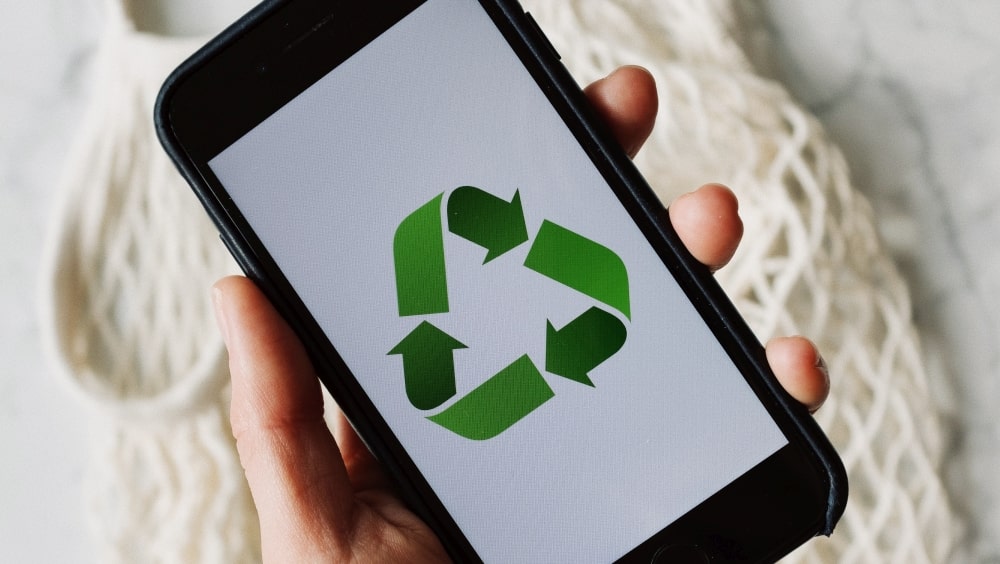 photo: ready made from Pexels
photo: ready made from PexelsOver the past month, there has been a noticeable increase in the number of Poles who prefer buying from socially responsible companies. Forty-one percent of respondents choose products from companies they believe responded appropriately to the crisis.
- This is an increase of 7 percentage points compared to the survey conducted in early May.
- Only in Spain is there a slightly higher percentage of consumers (42%) who prefer products from socially responsible companies.
- Our appreciation for engaged brands is a sign that we need positive signals from the market. Poland is also a European leader when it comes to local producers, whose popularity had been declining since February but is now on the rise again. Fifty-one percent of us, 5 percentage points more than in early May, prefer to buy products from local producers, even if they are more expensive. This is the fifth-highest result among residents of the surveyed countries - says Natalia Załęcka, CMO Advisory Leader, Deloitte.
The number of respondents who declare that they buy more than they can currently use has remained nearly unchanged:
- Forty-one percent of Poles buy in bulk, which is still the highest result in Europe.
- The same response was only recorded in the United Kingdom.
- One of the highest results in Europe also relates to bargain hunting. Half of us, an increase of 3 percentage points, say they are willing to buy something they don’t need if it’s a good deal.
- Almost the same number of responses came from Ireland, with 47 percent in the United Kingdom and Germany.
Since March, when the number of Poles willing to pay for convenience in shopping was at its lowest in the survey’s history, the popularity of the “convenience trend” has been rising. Since early May, there has been a 4 percentage point increase along the Vistula River, with over a third of respondents answering yes. The most common reasons for this willingness to pay, such as for home delivery, are health protection and time savings (54 percent each).
More information and data on the Global State of the Consumer Tracker page.
This survey edition was the 18th globally and the 15th with Polish consumers participating. In total, Deloitte experts surveyed 18 countries, including Australia, Canada, China, France, Germany, India, Ireland, Italy, Japan, Mexico, the Netherlands, South Korea, Spain, the United Kingdom, the United States, Chile, and South Africa, in addition to Poland. The survey was conducted between April and May.
COMMERCIAL BREAK
New articles in section Marketing and PR
Brand visibility in the age of algorithms
Aleksander Pawzun
A few years ago, everything was simpler. It was enough to have a good website, do SEO, run a blog, and publish on social media. Whoever was systematic was visible. Whoever invested in content and positioning gained customers. That world no longer exists.
Queue psychology. Scientists' discovery used in Call Centers
Andrzej Sowula
The discovery first described by psychologists in the second half of 2024 concerns the so-called "relative progress effect". When customers observe fast service at the beginning of their wait, they tolerate slower service much better later in the waiting period.
#POMAGAM2026 Can a New Year's resolution go viral?
wspieramy
Is a million good deeds a lot? Ten-year-old Emilka wants to find out. She just announced the I Resolve to Help campaign on the internet and urges everyone to make a unique New Year's resolution. That we help each other more often in 2026.
See articles on a similar topic:
Influencer Advertising. Teenagers Do Not Always Recognize It
KFi
The rise in the popularity of influencer-promoted content among young people raises issues with their ability to identify the commercial nature of this content. Subtler forms of promotion are often completely unrecognizable to younger teens.
Modern Mobile Communication. How Companies Build Loyalty by Phone
KFi
Companies can no longer treat mobile communication channels as a side element of their operations. An effective mobile strategy is becoming a cornerstone of customer contact, a tool for improving service, and a way to optimize internal processes. If they know how to use it.
When Will Every Advertisement Become... a Store? Omdia Forecasts
KFi
Global consumer spending online is growing at an unprecedented rate. By 2025, it will reach $4.4 trillion, with the US alone accounting for $1.4 trillion. The boundaries between advertising, entertainment, and commerce are blurring, ushering in a new era of digital consumption.
What to do when a child bites nails? Advice from a child psychologist
patronat Reporterzy.info
For children, nail-biting is often a way to cope with boredom or stress. However, our role is to intervene when we notice this habit, not only for aesthetic reasons but also to address potential underlying causes. What might these be, and what can we do?





























